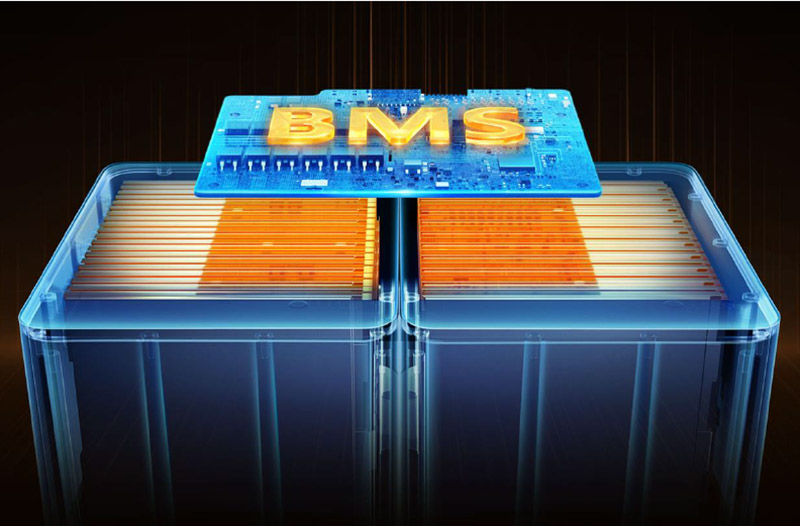Top 10 Solar Project Solution Factory In China
The BMS (Battery Management System) is the core component of a lithium-ion battery pack. The main functions of the BMS system include:

1.Battery status monitoring: Real-time monitoring of battery voltage, current, temperature and other parameters, and analysis of the battery's charging and discharging status.
2.Battery protection: When there are abnormal conditions like overcharge, overdischarge, overcurrent, or overheating, the BMS will promptly cut off the circuit to protect the battery from damage.
3.Battery balancing: Real-time monitoring of the voltage difference between each battery cell, and using a balancing circuit to adjust the voltage difference to a reasonable range, thereby extending the battery's lifespan. battery data management: Collecting and storing the battery's charging and discharging data, providing a basis for subsequent fault diagnosis and life prediction.
4.Battery life management: Predicting the battery's lifespan based on its usage conditions, and providing reasonable usage recommendations.
In summary, the BMS system is the key to ensuring the safe and reliable operation of a lithium-ion battery pack. It can maximize the battery's performance and extend its service life. Modern high energy density lithium-ion batteries are inseparable from a well-designed BMS system.
